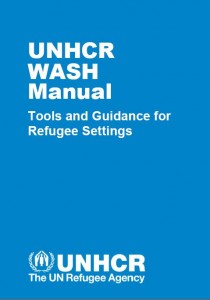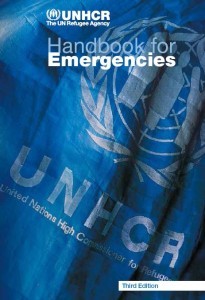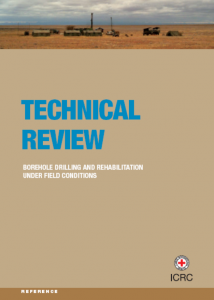
Constructing, or repairing, boreholes requires specialized knowledge and technical expertise, much of which can be gained from the standard literature; but field operations in remote areas or in difficult conditions often require flexibility and imagination in avoiding and solving technical problems. This review is intended as a decision-making tool to assist in making cost-effective choices between borehole drilling methods, and in deciding whether to drill new boreholes or rehabilitate existing sites.
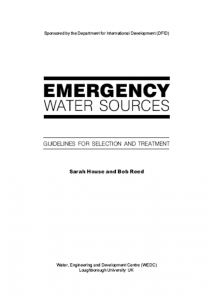
These guidelines have been designed to help those involved in the assessment of emergency water sources to collect relevant information in a systematic way, to use this information to select a source or sources and to determine the appropriate level of treatment required to make the water suitable for drinking.
Tags: Boreholes, Bulk Water Treatment, Drilling, Groundwater, Hand Dug Wells, Handpumps, Household Water Treatment, Piped Water Networks, Rainwater Harvesting, Solar Pumping, Spring Protection, WASH Assessments, WASH Monitoring, WASH Programme Management, Water Prospection and Investigation, Water Pumping, Water Quality Testing and Surveillance, Water Safety Plans, Water Storage, Water Supply, and Water Tankering. Languages: English. Organisations: WEDC. Categories: WASH Emergency Guidelines and WASH Reference Documents.
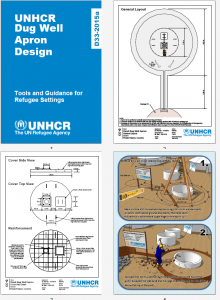
This document contains materials to help UNHCR and WASH actors construct hand dug well aprons in refugee settings.The package includes: Technical Drawings; Step by Step Construction Drawings; Bills of Quantity; Material and Workmanship Specifications; and Design Calculations.

This document contains documentation to help UNHCR and WASH actors install post emergency concrete handpump aprons in refugee settings. The package includes: Technical Drawings; Step by Step Construction Drawings; Bills of Quantity; Material and Workmanship Specifications; and Design Calculations.
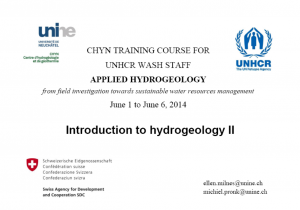
This 289 page document provides and extensive introduction to applied hydrology and includes the following chapters: Introduction to the training course; Introduction to hydrogeology I; Introduction to hydrogeology II; Basic concepts of groundwater exploration; Bacteriological analysis of water; Basic concepts of groundwater protection; Basic concepts of aquifer characterisation: pumping tests; Well construction and rehabilitation
Recharge quantification in semi-arid areas with remote sensing;
 English
English






